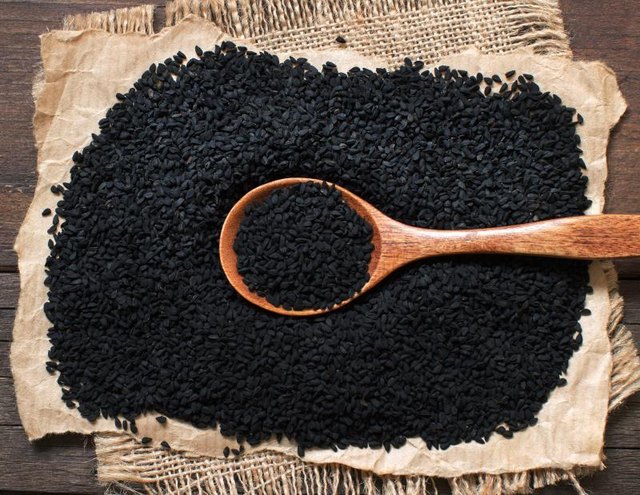
Back seeds, also called black cumin, are the seeds of the nigella sativa flowering plant, commonly known as fennel flower. Black seeds and the oil pressed from them have been used in traditional medical systems in different cultures for centuries. Black seed oil is very therapeutic; when taken internally it can help counteract many diseases. It has been found to have anticancer and anti-tumor effects in rats. Studies done on humans are lacking, but black seed oil has been used on cancer patients in traditional systems of medicine since antiquity.
Suppresses Growth of Multiple Types of Cancer
A study published in "Oncology Letters" in 2010 found that two daily doses of crude extra-virgin black seed oil inhibited the growth of cancer tumors in the colon, lungs, esophagus and fore-stomach in rats. This was the case both in rats given doses at 50 milligrams per kilogram of body weight and 200 milligrams per kilogram of body weight. The study concluded that black seed oil has carcinopreventive and chemopreventative potential, which means it could possibly be used to prevent cancer and lessen the need for chemotherapy in the early stage of cancer, due to its ability to suppress the proliferation of cancer cells.
Suppresses Tumor Growth
In another study, published in the "Brazil Journal of Medical and Biological Research" in 2007, scientists induced cancerous tumors in rats to find the extent to which black seed oil could suppress their growth. They injected the oil directly into tumors on rats every day for 30 days, and did not treat the control group. By the end of the study, the control group had tumors about 2.5 centimeters in size, whereas the tumors in treated rats were just two-tenths of a centimeter. This reveals more compelling evidence supporting the potential role of black seed oil in preventing the need for chemotherapy in cancer patients.
Thymoquinone is a Potential Cancer Therapy Drug
The most active medicinal compound in black seed oil is called thymoquinone. In a study published in "Molecular Cancer Therapeutics" in 2008, scientists injected a low dose of thymoquinone into cancerous human prostate tumor cells in a petri dish. The proliferation of the tumor cells stopped, with no toxic side effects. No new blood vessels formed within the tumors, and they stopped growing in size. The scientists concluded that thymoquinone stops tumor growth in humans and claim it has potential as a drug for cancer therapy.
Safety Considerations
According to an article published in 2011 in the "American Journal of Chinese Medicine," multiple studies have confirmed there are no long-term side effects of taking black seed oil or thymoquinone orally on a regular basis. While there are no known side effects when taken in small quantities regularly, daily doses of 2 grams per kilogram caused liver and kidney damage in rats, so high doses may also be unsafe for humans. Also, black seed oil may have interactions with certain drugs, so it's important to consult with your doctor before taking black seed oil if you're on any medications.





No comments:
Post a Comment